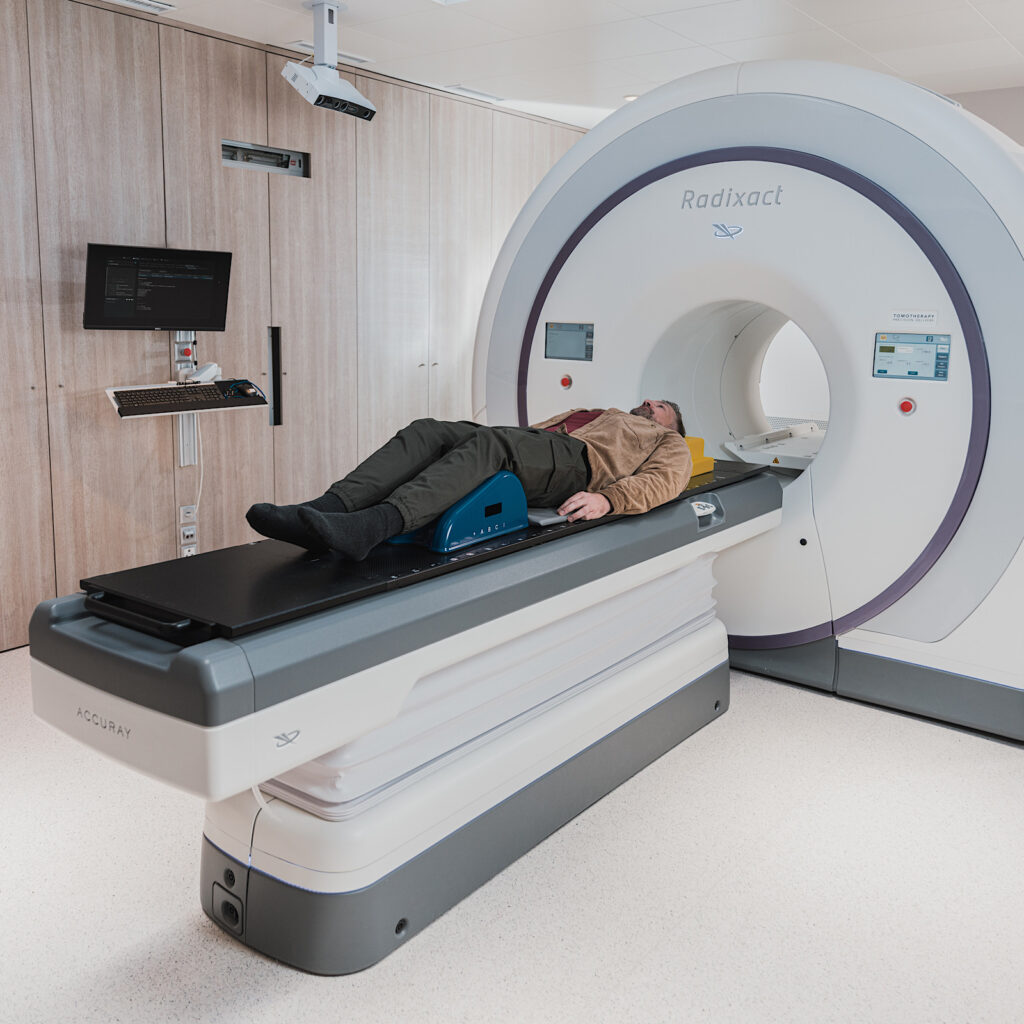
As medical understanding grows, so too does the way physicians are able to take a closer look at the human body. One of the most innovative advancements made in recent years has been the development of PET scans. PET scans, or positron emission tomography scans, are an advanced form of nuclear imaging test that allow doctors to get a real-time “snapshot” of the functioning of organs and tissues. This remarkable technology has been a groundbreaking development in understanding brain functioning and for diagnosing brain issues.
If you or someone you care about has ever been recommended a PET scan, you or they may be wondering exactly what they entail. PET scans are available on an outpatient basis—this means that in most cases, no overnight stay is needed. During the test, the patient lies comfortably on a special table and a small camera sensor is placed over the part of the body being examined, typically the head. Then, a tiny amount of a fairly harmless radioactive material is injected into the patient’s vein. The material then passes through the bloodstream, giving off energy signals that the camera sensor picks up and generates high-resolution 3D images of the brain.
These images allows doctors to measure the rate at which different areas of the brain are consuming glucose, as well as how effectively those areas are communicating with each other. This can help flag chemical or electrical problems that cannot be revealed through a regular brain scan, allowing more accurate diagnoses and better informed treatment plans.
Though potential risks associated with conducting a PET scan exist, as with any medical procedure, they’re minimal. The amount of radiation used is kept to a minimum, meaning that no worry of additional exposure down the line should exist for patients undergoing the tests. Of course, prior to receiving a PET scan, consulting with your personal doctor is recommended.
All-in-all, PET scans are incredibly useful medical tools allowing more precise and detailed understanding of how the brain works than ever before. And, for those times where questions arise that more traditional brain scans can’t answer, knowing that PET scans are options provides calming reassurance.
Are you looking for ways to protect and optimize your brain health? Schedule a consultation with our expert doctors. We’ll review your situation and decide together if a brain scan is the right next step for you. Plus, we’ll be more than happy to answer any further questions you may have about the procedure. To book an appointment, you can call us at 305.265.4441 or book online – it’s that easy.

